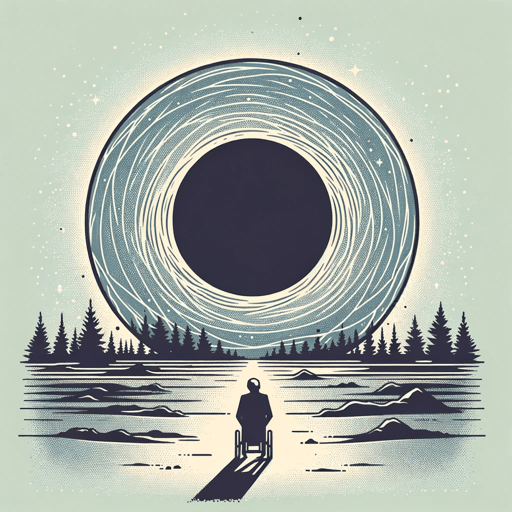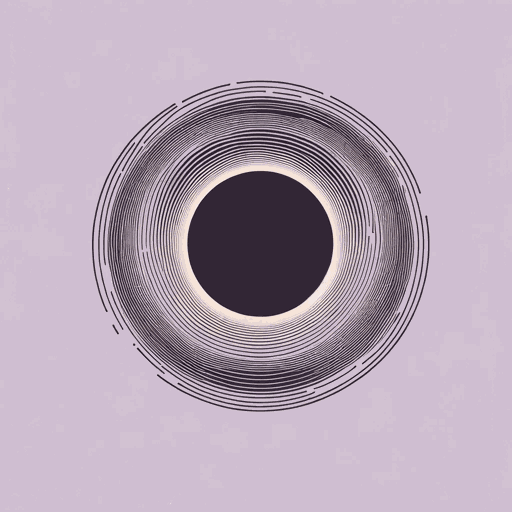54 pages • 1 hour read
Stephen HawkingBrief Answers to the Big Questions
Nonfiction | Book | Adult | Published in 2018A modern alternative to SparkNotes and CliffsNotes, SuperSummary offers high-quality Study Guides with detailed chapter summaries and analysis of major themes, characters, and more.
Chapter 2Chapter Summaries & Analyses
Chapter 2 Summary: “How Did It All Begin?”
Creation myths have sustained humans for a long time. One of them, popular among Western religions, asserts that the world was created about 6,000 years ago. Aristotle, meanwhile, considered the universe eternal. Both ideas are based on the notion that time exists outside the universe, but Einstein showed that time depends on space and gravity; it can’t exist on its own.
If the universe were infinite, the sky would long since have become as bright as the surface of the sun because the cosmos is filled with stars that shine light in every direction. That this hasn’t happened means that most of that light hasn’t yet reached us. Thus, the universe had a beginning.
A finite universe, on the other hand, must be older than a few thousand years because the light from galaxies that has reached our telescopes comes from extremely far away; thus, the universe is billions of years old. Moreover, that light shows that the universe is expanding. Thus, past galaxies were closer together and perhaps began their journey as a clump or even a point. This frustrated scientists, who believed that the laws of science would break down at the beginning and that a godlike being must therefore have started everything.
Related Titles
By Stephen Hawking



